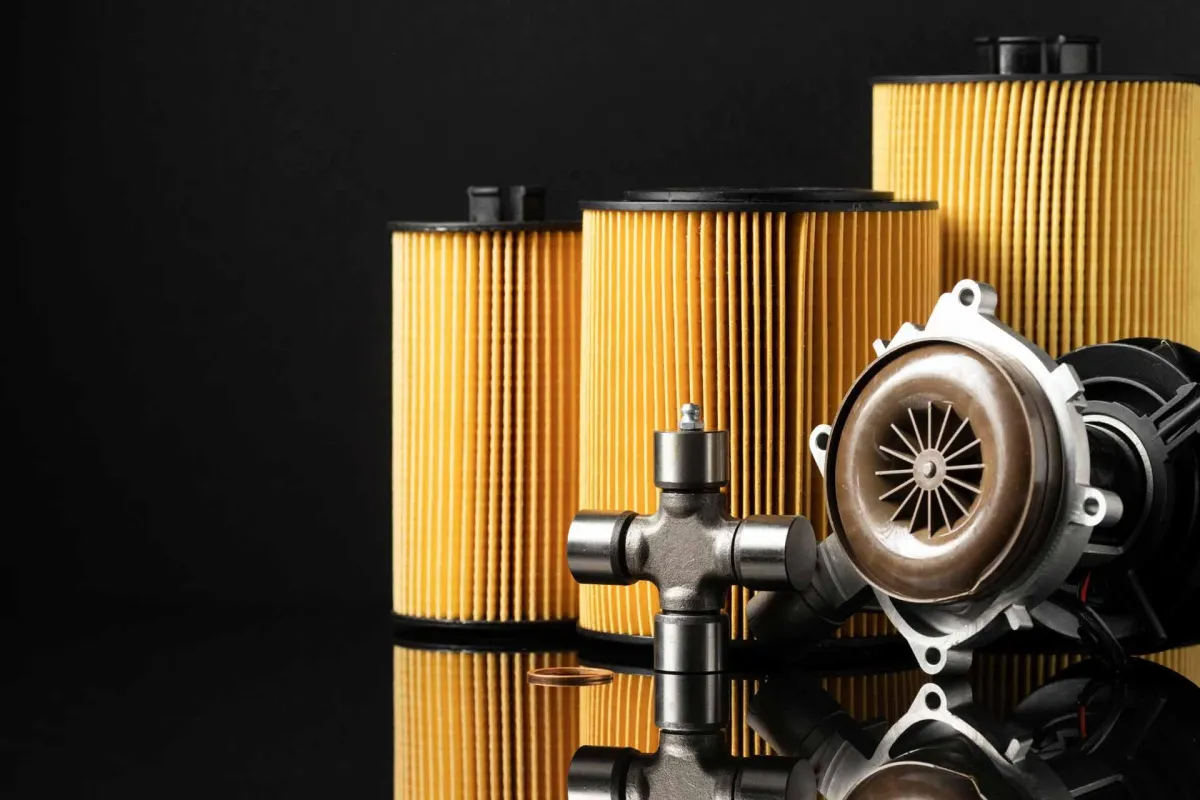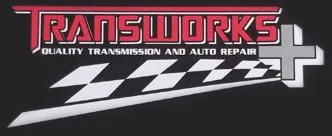East Bethel, MN
Call Us 763-413-7001
FREE Estimates | Factory Warranties on New Auto Parts
Explore our auto repair blog for valuable tips, trends, and maintenance advice


The Role of Engine Air Filters in Fuel Efficiency
Most drivers never think about their engine air filter until a mechanic points it out during an oil change. It looks like a simple piece of pleated paper—but it has one of the most important jobs under the hood: making sure your engine breathes clean air. When it gets clogged, your car’s performance drops and your gas mileage goes with it.
In East Bethel, Minnesota, where rural roads, changing seasons, and road salt all mix together, dirty filters are common. Understanding how this small part affects fuel efficiency can save you money at the pump and prevent bigger problems later.
Why Airflow Matters for Your Engine
Your engine burns a precise mix of fuel and air to create power. If air is restricted, the balance changes—too much fuel, not enough oxygen—and the result is poor combustion.
That means:
Lower fuel efficiency. Your car compensates by using more gas to get the same power.
Sluggish acceleration. Less oxygen means slower combustion and weaker throttle response.
Higher emissions. Unburned fuel exits through the exhaust, increasing pollution.
The air filter’s only job is to protect that air supply. It traps dirt, dust, pollen, sand, and even insects before they reach the engine. Over time, those contaminants build up until airflow becomes restricted.
Think of it like trying to jog while breathing through a wet towel. The harder you push, the less efficient you become.
How a Clogged Filter Wastes Fuel
A clean air filter helps maintain the ideal air-fuel ratio—usually about 14.7 parts air to one part fuel. When airflow is blocked, the onboard computer (ECU) detects low oxygen levels and injects extra fuel to compensate.
Here’s what happens as the filter clogs:
Restricted intake. Air pressure drops, making the engine work harder to “breathe.”
Rich mixture. More fuel is added, but much of it burns inefficiently.
Residue buildup. Unburned fuel leaves carbon deposits on valves and spark plugs.
Reduced mileage. The result is worse gas mileage and reduced power.
According to the U.S. Department of Energy, a new air filter can improve fuel economy by up to 10%—and that’s just from restoring normal airflow.
When to Replace Your Engine Air Filter
There’s no universal schedule, but most manufacturers recommend replacing the air filter every 12,000–15,000 miles. For Minnesota drivers, that number often drops because of seasonal dust, sand, and salt exposure.
You should check your filter more often if you notice:
Slower acceleration or rough idling
Unusual engine sounds during startup
Poor gas mileage without any other mechanical symptoms
Visible dirt or discoloration on the filter surface
A quick inspection takes less than five minutes—and can make an immediate difference in how smoothly your vehicle runs.
Why Air Filter Maintenance Pays Off
A small part can make a big difference. Changing your engine air filter does more than just save fuel:
Prevents engine wear. Dust and grit that slip past a bad filter can scratch internal components.
Protects sensors. Contaminants affect oxygen and mass airflow sensors, leading to false readings and costly repairs.
Improves emissions. Clean combustion means fewer hydrocarbons in your exhaust.
Restores performance. Throttle response improves because the engine isn’t starved of oxygen.
In short, the air filter is cheap insurance for your car’s health and your fuel budget.
FAQs About Engine Air Filters
Does a dirty air filter cause poor gas mileage?
Yes. A clogged filter limits airflow and forces your engine to burn more fuel to maintain performance.
Can I clean an air filter instead of replacing it?
Most paper filters should be replaced, not cleaned. Blowing them out with compressed air can damage the fibers and reduce filtering ability.
Are expensive filters worth it?
Reusable or high-performance filters can improve airflow slightly, but for everyday driving, a high-quality standard filter works perfectly.
Is the air filter the same as the cabin filter?
No. The engine air filter protects the engine, while the cabin filter cleans the air inside your vehicle.
How do I know which filter to buy?
Check your owner’s manual or ask a certified technician. Using the wrong size or type can cause sealing issues and poor filtration.
The Local Impact: Why It Matters in East Bethel
Local drivers face unique challenges. Rural roads kick up dust, gravel, and pollen. Winter adds salt and slush to the mix. All of it ends up near your intake. That means your air filter is working harder than someone’s who drives mostly in clean, dry conditions.
Replacing it regularly isn’t overkill—it’s a response to the environment your car faces every day. Transworks Plus sees dozens of vehicles each year suffering from poor mileage and rough idling that a new air filter instantly fixes.
Keep Your Engine Breathing and Your Wallet Happy
Good fuel efficiency doesn’t come from a single upgrade. It comes from consistent, simple maintenance that keeps your engine breathing freely. The engine air filter might not seem important, but neglecting it slowly drains both performance and fuel economy.
At Transworks Plus, we make maintenance straightforward and practical for East Bethel drivers. Whether it’s a quick filter replacement or a full inspection, our technicians help you keep your vehicle efficient, clean, and road-ready in every season.

Schedule Your Auto Services Today
Keep your vehicle in top condition with our professional maintenance services. Book your next appointment now to ensure your car runs smoothly and efficiently.
Get started on reliable vehicle performance today.
FOR DIAGNOSTICS, MAINTENANCE, OR ANY AUTO REPAIR NEEDS

CALL US
(763) 4137 001

AUTO SERVICES

CONTACT INFORMATION
Call us: 763-413-7001
Address:
18607 MN-65, East Bethel, MN 55011
Business Hours
Mon - Fri: 7:30 AM– 5:00 PM
Sat & Sun: Closed
© 2025 All Rights Reserved | Transworks Plus | Privacy Policy
